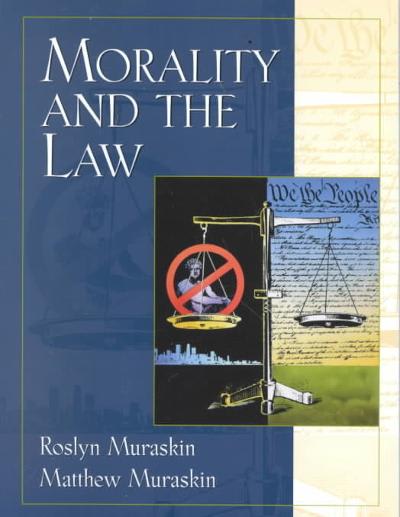Thanks for the help.
Scenario A few days ago, Andrew robbed a Convenient Store employee of cash from the store's register. His mother needed a life-saving operation but Andrew had no money and his mother had no health insurance. His mother had been begging him to somehow help her get the operation. The robbery went well, from Andrew's perspective, until a security guard got involved. After an exchange of gunfire from an armed security guard, Andrew made a successful escape by seriously wounding the guard. Later, upon watching the evening news on the TV, Andrew became despondent over the seriousness of the injuries he had inflicted on the store security guard and went to confession at his Church Parish. The Priest at the confessional explained that the honest and right thing to do would be to return the money he had taken, turn himself in to police, and make a full confession just like he had given to the Priest. The Priest went on to suggest prayer for his mother's health. Andrew went back to the convenient store and returned the money and asked the new guard to phone the Police.When the police arrived, Andrew made a full confession and asked how the injured guard was doing in the hospital. The Police did not interrupt Andrew, either to ask questions or offer Miranda rights. The Officer just listened intently after placing Andrew's hands in cuffs behind his back. The officer quickly captured the the confession in his mind and wrote all of it in his notebook and later transcribed the notes to a computer database. Prior to the pending trial, Andrew's attorney filed a motion to suppress the confession, alleging that it had been taken involuntarily by police. At the subsequent hearing, evidence revealed that Andrew had a history of mental problems and had been treated for them in the past. There was some testimony about how Andrew sometimes heard voices. The judge found that Andrew was competent and able to assist in his defense. The Procedural Problem?? Did Andrew make a free and voluntary confession to the officer sufficient so that the admission of the confession by a trial court should not violate Andrew's rights against self-incriminatingunder the Fifth Amendment? Analyze and discuss the legal issues and come to a definite conclusion concerning whether the confession was voluntarily and freely given and should be admitted or was involuntarily obtained and must be excluded







